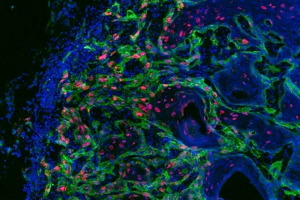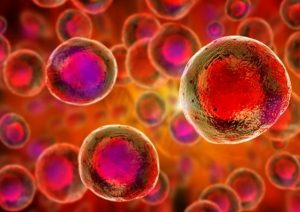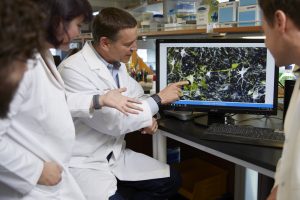Revolutionary one-day stem cell treatment could save lives of hundreds of thousands suffering heart failure
“A revolutionary new stem cell treatment, which takes only a few hours, is being hailed as a potential benefit for the hundreds of thousands of people suffering heart failure.
Lying in a hospital bed, Denise Williams knew her time was almost up. Her heart was failing and she was being sent home to get her affairs in order. Even worse, as sole carer for her brain-damaged teenage son, Denise knew the outlook for both of their futures was looking dire. Depressed and desperate – and with her heart working at just 10-20% of its normal capacity – she was out of options. Then she saw an advert for medical trials for those suffering from heart failure. The very thought of being a guinea pig would be understandably terrifying but, figuring she had nothing to lose, Denise applied for the stem cell treatment at St Bartholomew’s Hospital, London. Just months after the pioneering treatment, using adult stem cells, Denise’s heart was back within normal limits which she says, “is nothing short of a miracle”. Denise, 61, has gone from spending all day in bed to feeling “20 years younger” with loads of energy and a renewed vigour for life. Remarkably, she no longer takes any medication and the treatment itself took just a couple of minutes.
The innovative procedure involves taking bone marrow from the patient’s pelvis, harvesting stem cells and injecting these straight into the heart. So far, just 150 people have received the treatment, which has seen an incredible 80% positive response with patients typically experiencing improved heart function and a better quality of life with no further use of medication. And now doctors hope it could change the lives of countless people living with heart failure and save thousands of lives.
As a result of promising findings, the charity has now launched the Compassionate Treatment Programme, which offers stem cell therapy to heart disease patients on compassionate grounds.”












